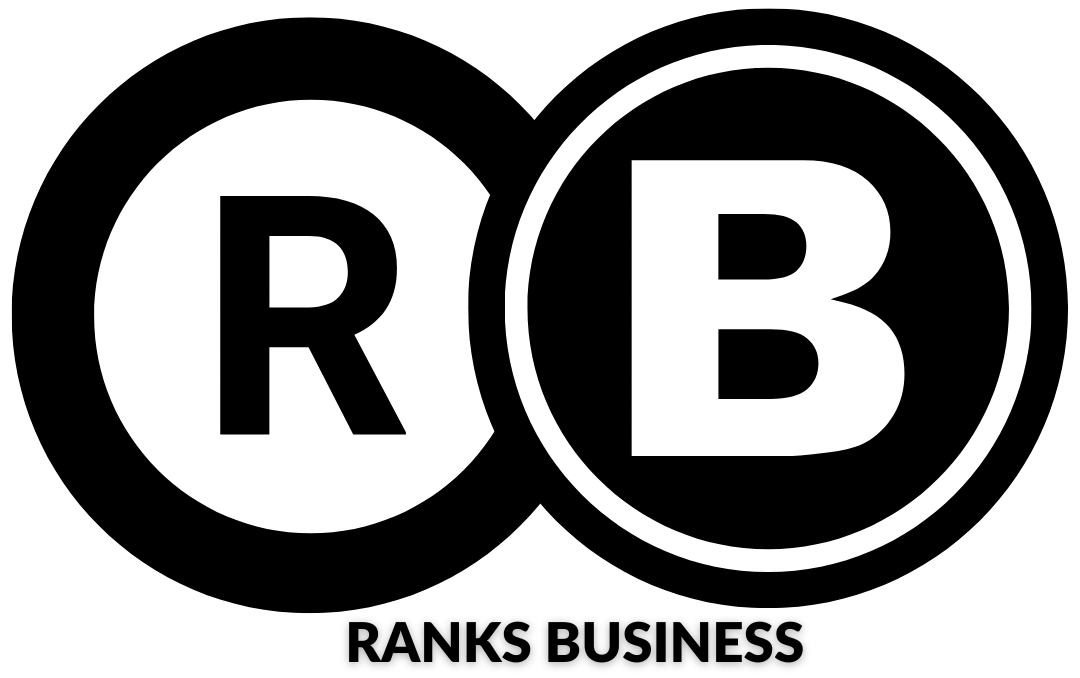The economy remained subdued in December as the Purchasing Manager’s Index was below 50.0 index points, according to the Central Bank of Nigeria.
The CBN released in the reports of members of the Monetary Policy Committee member that the PMI, which is an index of the prevailing direction of economic trends in the manufacturing and service sectors was below average at 49.4 index points.
An MPC member, Adeola Festus, noted that the macroeconomic developments and outlook report presented by CBN staff showed mixed developments in the economy.
He said, “In addition, indicators of economic activity remained subdued in December 2022, month-on-month. Composite PMI at 49.4 index points was below 50.0 index points.
This was largely due to relatively low activities in the industrial and services sectors. The World Bank forecast Nigeria’s real GDP growth to decline to 2.9 per cent in 2023.
“The slow growth is because of the effects of flooding, the tight fiscal space and rise in borrowing costs, security challenges and moderation in oil prices.”
A member of the MPC, Ahmed Aliyu, said, on the domestic side, the positive growth recovery which commenced since the 2020 recession, was sustained, through Q3 2022.
He said, “Real Gross Domestic Product year-on-year grew by 2.25 per cent in Q3, 2022 from 3.54 per cent in Q2, 2022. The slower growth in Q3, 2022 compared with the preceding quarter, was due to base effects of the past recession.
“On quarter-on-quarter, real GDP grew by 9.68 per cent in Q3, 2022. Other indicators of economic activity remained subdued in December 2022. For instance, aside from marginal improvements in the Purchasing Manager’s Index of the services and industrial subsectors, agricultural sector PMI declined.”
He added that, “On a general scale, composite PMI increased marginally from 49.0 index points in November 2022 to 49.4 index points in December 2022, which is below the 50-index points benchmark.
“The output gap was negative, although, projected to narrow by 0.48 percentage points from -7.73 per cent in Q3, 2022 to -7.25 per cent in Q4, 2022, respectively.”
According to Robert Asogwa, an MPC member, “The composite Purchasing Manager’s Index stood at 49.4 index points in December 2022, up from 49.0 index points in November 2022 which was due to marginal improvements in the industry and service sectors.
“However, despite the optimism on Nigeria’s growth prospects for 2023, there are still significant downside risks stemming from external factors, especially the global supply chain which directly affects commodity prices.”

